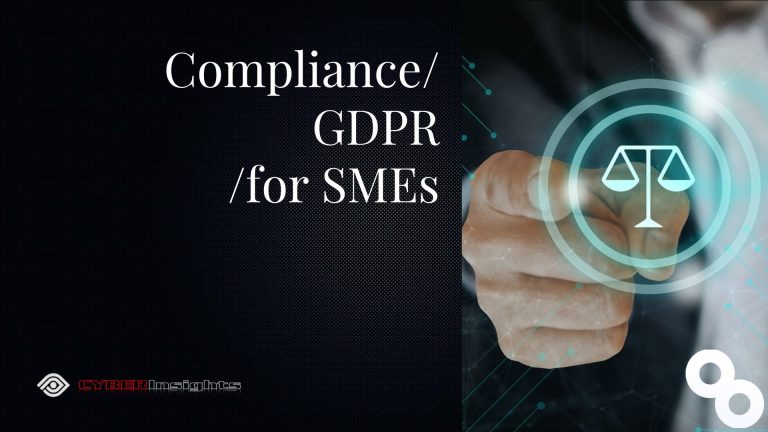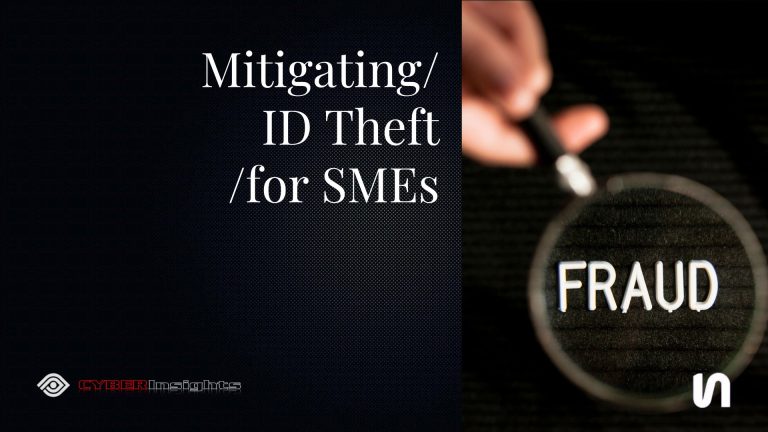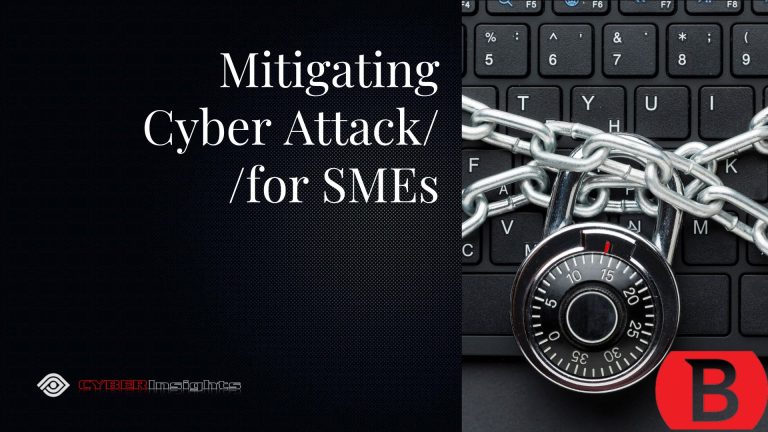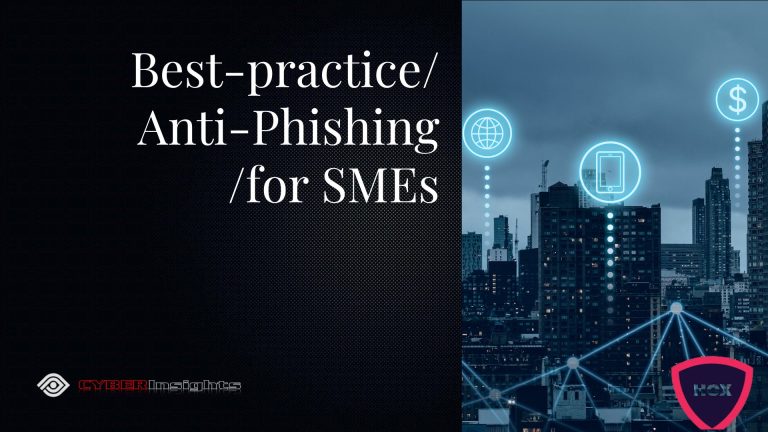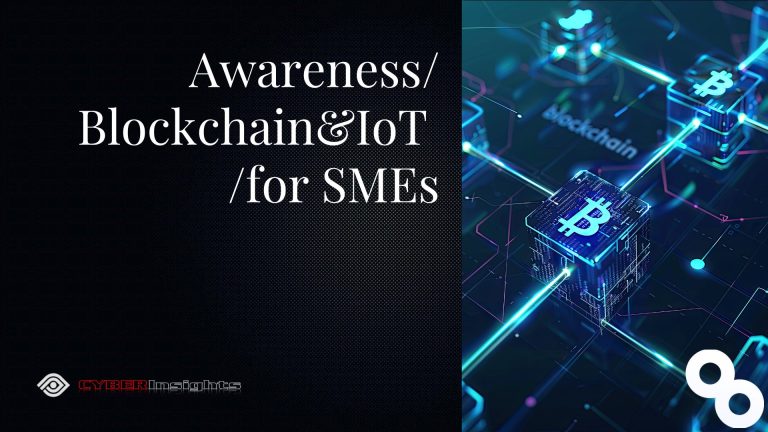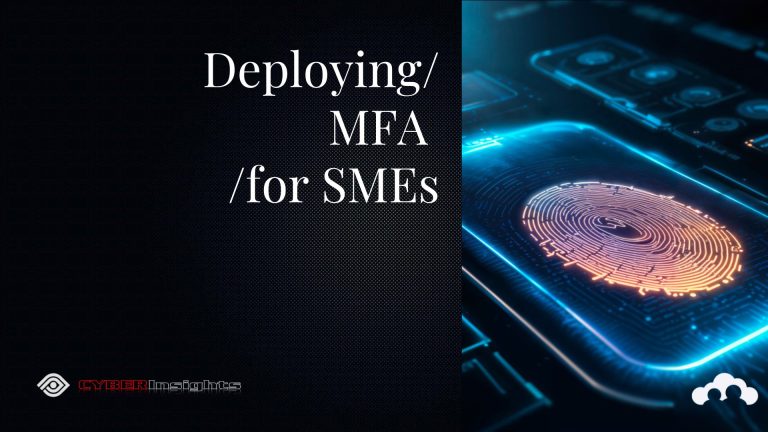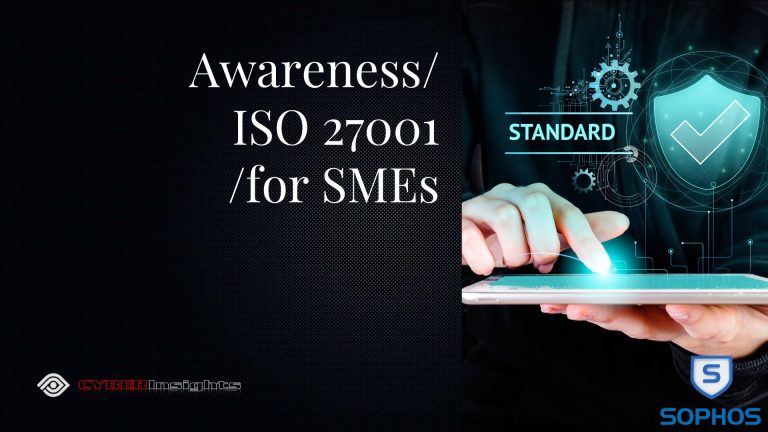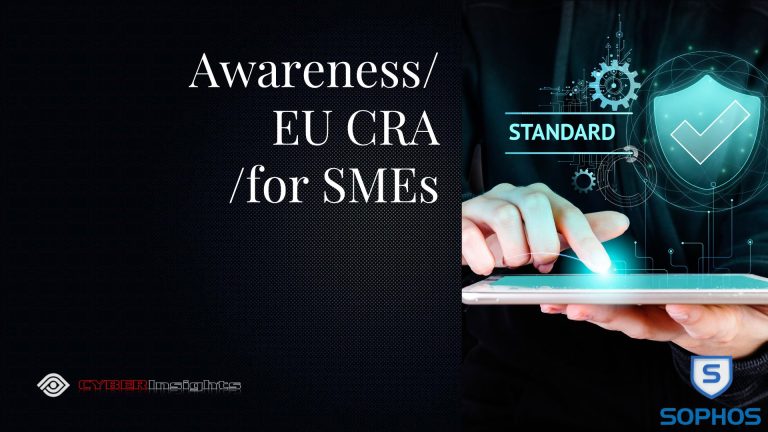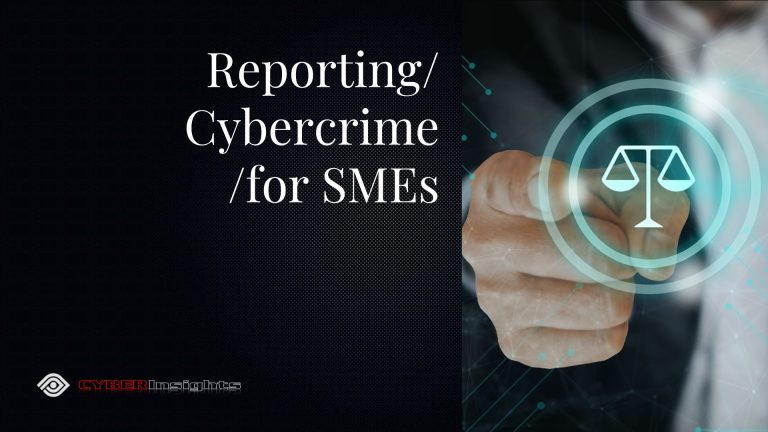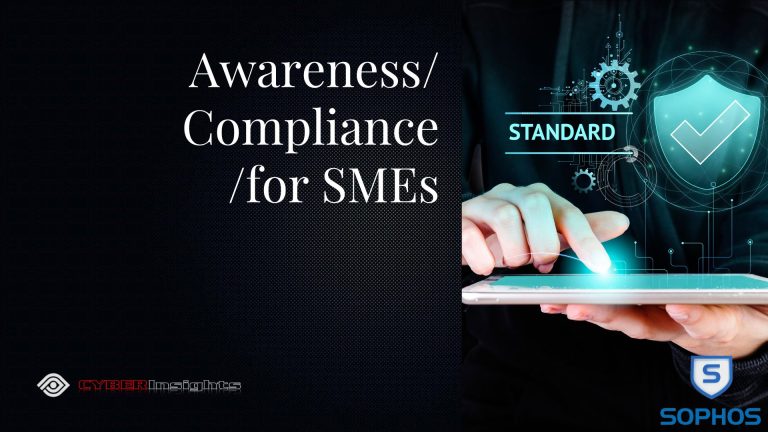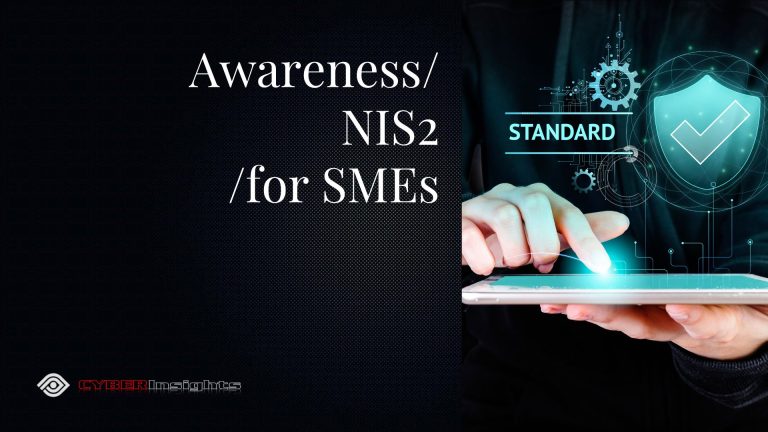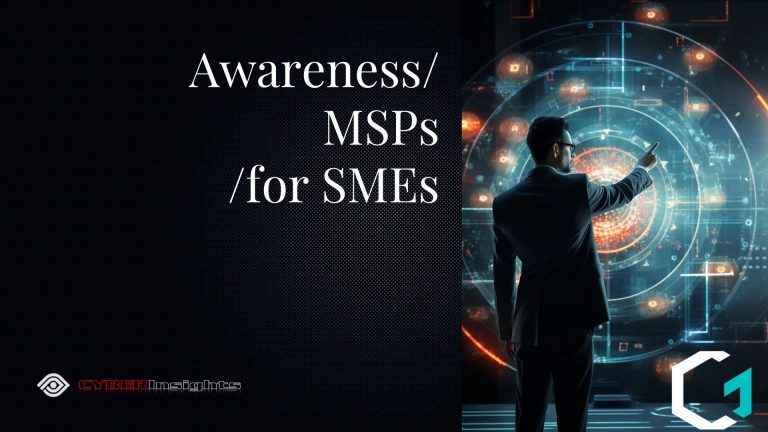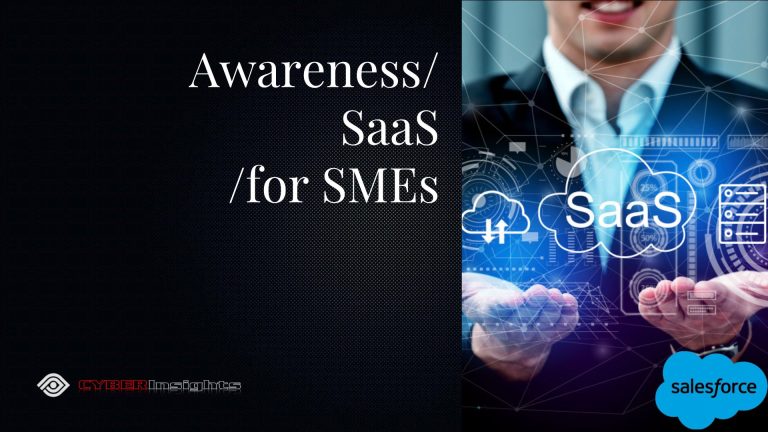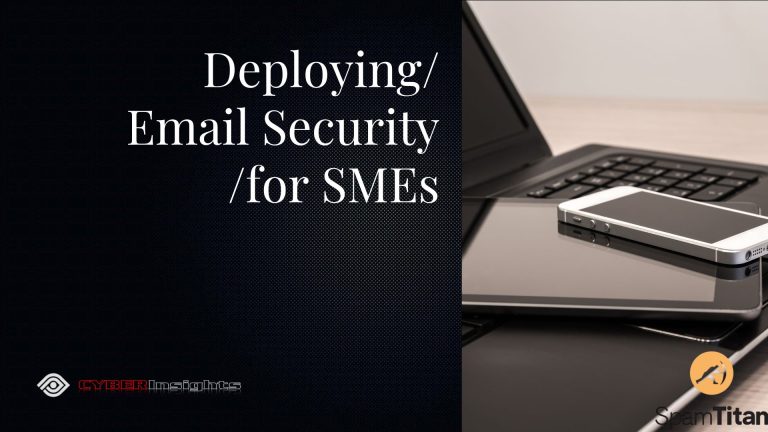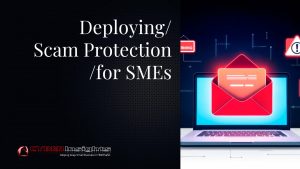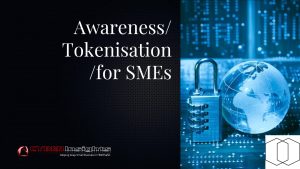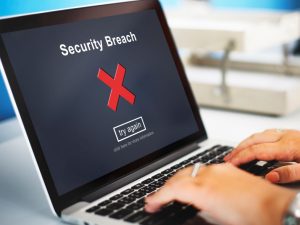CYBER AWARENESS: NIS2 – THE TIME HAS COME Do you know your obligations?
October 17, 2024SMALL BUSINESS CYBER COMPLIANCE: NIS2 – For UK Small Business owners, particularly those operating in sectors considered critical to national infrastructure or offering services to the EU market, understanding the obligations under NIS2 is essential. This article provides an overview of NIS2, highlights the key differences between NIS2 and NIS1, explains compliance obligations for UK Small Businesses, discusses deployment of the regulation, and outlines the penalties for non-compliance.
What is NIS2?
The NIS2 Directive is an EU regulation designed to improve the cybersecurity resilience of businesses and organizations providing essential and important services, including sectors like energy, healthcare, transport, financial services, and digital infrastructure. It aims to address the gaps identified in the original NIS1 directive by:
Expanding the scope of regulated entities: NIS2 covers more sectors, including medium-sized businesses and key sectors such as public administration, digital services, and waste management.
Harmonizing requirements across the EU: NIS2 aims to standardize cybersecurity measures across member states, ensuring a more consistent approach to cybersecurity within the EU.
Strengthening enforcement and oversight: It enhances the powers of national authorities to monitor compliance and respond to cyber incidents more effectively.
Key Differences Between NIS2 and NIS1
While both directives focus on improving cybersecurity, there are significant differences between NIS1 and NIS2:
Broader Scope: NIS1 primarily targeted operators of essential services (OES) and digital service providers (DSPs) in sectors like energy, healthcare, and transport. NIS2 expands this to include a broader range of “essential and important entities.” It covers medium-sized businesses and introduces new sectors such as space, public administration, food supply, and digital communications.
Clearer Risk Management Requirements: NIS1 had a more general requirement for implementing “appropriate and proportionate” security measures.
NIS2 introduces clearer and more specific requirements, including measures for incident detection, response, business continuity, and crisis management.
Incident Reporting: NIS1 required organizations to report incidents that had a significant impact on the provision of their services.
NIS2 broadens the reporting obligations to include any incident that could disrupt services or cause significant operational or financial harm. It also introduces stricter deadlines for reporting incidents (24 hours for an initial report and 72 hours for a more detailed assessment).
Increased Regulatory Powers: Under NIS1, national authorities had varying degrees of enforcement power across EU member states.
NIS2 standardizes enforcement and provides national regulators with enhanced powers to impose penalties, conduct audits, and enforce compliance.
Stronger Supply Chain Security: NIS2 emphasizes the need for businesses to secure their supply chains, particularly when relying on third-party service providers. This is more stringent compared to NIS1, which had fewer provisions about supply chain management.
Compliance Obligations for UK Small Business Owners
Even though the UK has left the EU, NIS2 is still relevant for UK-based Small Businesses that operate in sectors critical to national infrastructure or provide services to the EU. UK businesses need to understand that NIS2 may apply if:
They provide services to EU member states in sectors regulated by NIS2 (e.g., digital infrastructure, healthcare, finance, and transport).
They are part of the supply chain for an essential or important entity in the EU. Key obligations for UK small business owners under NIS2 include:
Implementing Cybersecurity Measures: Small businesses must implement cybersecurity risk management practices that cover incident detection, response, recovery, and ongoing monitoring. This includes ensuring business continuity during a cyber incident and addressing third-party risks in the supply chain.
Incident Reporting: Businesses must report significant cybersecurity incidents within strict timelines—typically an initial report within 24 hours, followed by a more comprehensive report within 72 hours.
Supply Chain Management: Small businesses must ensure that their suppliers and third-party providers meet the same cybersecurity standards required by NIS2. This includes conducting due diligence and incorporating cybersecurity clauses in contracts with suppliers.
Collaboration with Authorities: Small businesses must cooperate with regulatory authorities in both the UK and the EU, sharing information about cyber threats and incidents. They must also participate in national or sector-specific cybersecurity programs, if applicable.
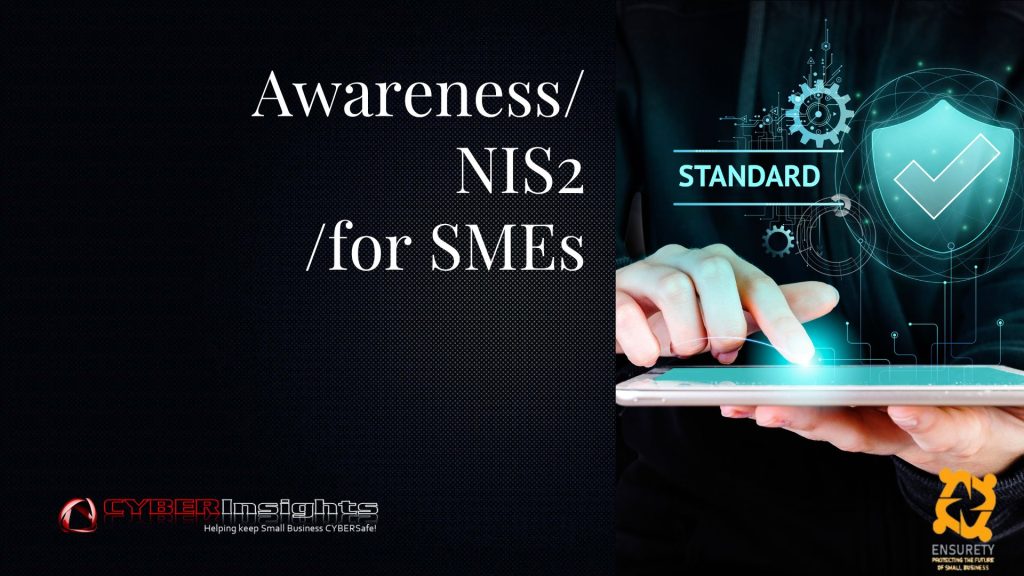
Deploying the Regulation
To comply with NIS2, Small Businesses can follow these steps:
Conduct a Cybersecurity Risk Assessment: Identify potential threats to business operations, customer data, and service continuity. A risk assessment should evaluate both internal processes and external factors, such as third-party vendors.
Implement Technical and Organizational Measures: Ensure that cybersecurity measures align with NIS2’s requirements, including installing firewalls, intrusion detection systems, and conducting regular security audits. Businesses should also develop an incident response plan.
Train Employees: Employees must be trained on cybersecurity best practices and how to respond to cyber incidents. This ensures that staff are aware of their responsibilities and can detect and report suspicious activity.
Monitor Supply Chains: Review third-party suppliers’ security protocols to ensure they meet NIS2 standards. Consider implementing contractual clauses that hold suppliers accountable for maintaining cybersecurity measures.
Report and Respond to Incidents: Develop a structured plan for reporting incidents to the relevant authorities. Ensure timely and accurate communication within the required reporting deadlines.
Penalties for Non-Compliance
The penalties for non-compliance with NIS2 are significant and can have serious consequences for small businesses:
Fines: NIS2 introduces tougher penalties than NIS1. Non-compliance can result in fines of up to €10 million or 2% of a company’s annual global turnover, whichever is higher.
Administrative Sanctions: Regulatory authorities can impose administrative sanctions, such as requiring businesses to take corrective action or suspend certain activities until compliance is achieved.
Reputational Damage: Non-compliance and data breaches can result in significant reputational damage, leading to a loss of trust from customers and business partners. In severe cases, businesses may be required to publicly disclose breaches, amplifying the damage.
Increased Audits and Inspections: Regulatory bodies may increase the frequency of audits and inspections for businesses that are found to be non-compliant, resulting in additional costs and operational disruption.
Conclusion
NIS2 represents a significant step forward in strengthening cybersecurity across Europe, and its broader scope means that even UK Small Businesses may need to comply. For those providing services to the EU or working with European partners, understanding the differences between NIS1 and NIS2 is crucial. By implementing robust cybersecurity measures, training staff, and ensuring compliance with reporting requirements, UK Small Businesses can minimize their risk of cyber threats while avoiding the substantial penalties associated with non-compliance.
Remaining proactive and informed about the NIS2 regulations will not only ensure legal compliance but also help build resilience against the ever-growing threat of cyberattacks.
GDPR Training & Audits – Your business’s reputation is everything. If you’re not GDPR compliant, there is much more at stake for your company than a fine. Without your reputation and proof that you can offer your clients/customers complete privacy and protection, you could be left out in the cold. Our online course offers you a human approach to training while being informative and easy to follow. We also offer in-house training with Keith, who has been involved in the development of the General Data Protection Regulation with both the UK Information Commissioner’s Office and the Internet Advertising Bureau. As well as training, we are able to run full GDPR audits on your businesses terms and conditions and privacy policies.
CYBER Insights – Helping Keep Small Business CYBERSafe!
Launched in 2020 by Cybersecurity Journalist Iain Fraser and his team at IfOnly… CYBERInsights was developed to be the go-to platform providing definitive, reliable & actionable Cybersecurity News, Intel, Awareness & Training specifically written and curated for Small Business & Enterprise Owners, Partners and Directors throughout the UK. #CyberInsights #CyberSecurity #CyberMedia #CyberPR #CyberAwareness #SME #SmallBusiness #smallbusinessowner


